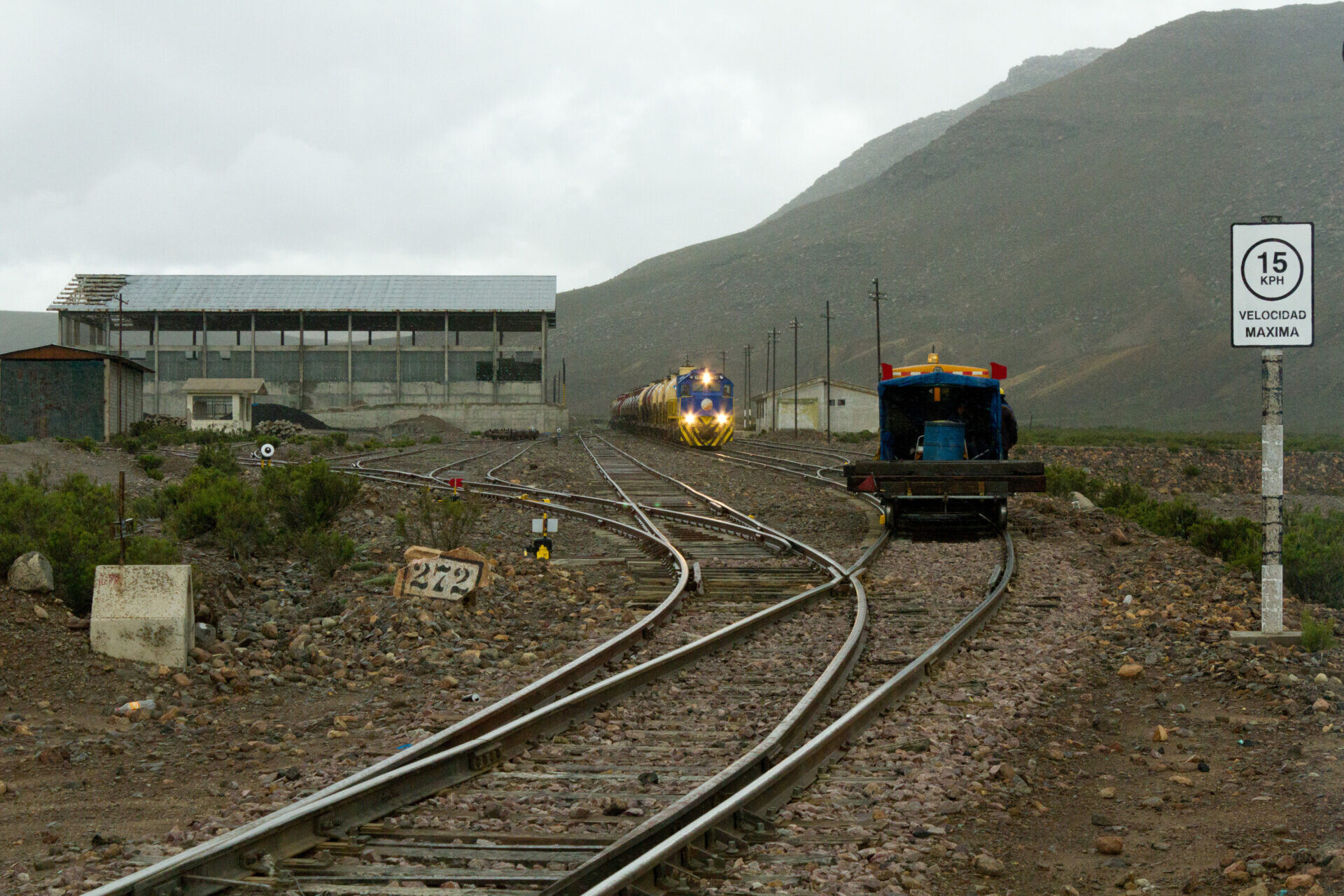Colombia - an economy at a crossroads

LatAm Investor reports from Colombia...
After spending the last month in Colombia interviewing leaders from the public and private sector one thing is clear - the country’s economy is at a crucial juncture. In the decade leading up to 2012 a combination of sound macroeconomic management, strong commodity exports and improved security have fostered strong economic growth - averaging 4.8% per year. The improvements didn’t pass unnoticed with Foreign Direct Investment rising 824% over the same period. For its part Colombia has gone out of its way to attract international investment and through free-trade-agreements and investor-friendly regulation it has opened up an economy that was closed for the best part of a century.
Winners and losers
But while these changes have been good for many Colombians – the middle class is growing fast and expected to double from 25% of the population to 50% during the next 15 years – not everyone has benefited. The strong commodity prices have boosted the peso which hit manufacturing exports. Colombian farmers have also suffered from rising input costs and lost ground to imports from Peru and Ecuador. Anger from groups that have lost out during the economic changes was part of the reason for the recent protests, with many demanding that Colombia reverse its free market reforms and introduce protective tariffs and subsidies.
Boosting productivity

Another challenge is that commodity prices are falling, which means Colombia needs to find other areas to boost growth. Adolfo Meisel, co-director of Colombia’s central bank, told LatAm INVESTOR that the country has to focus on education and innovation if it is to improve the productivity of the non-commodity economy. But the biggest single boost to productivity would come from the completion of the government’s ambitious infrastructure programme. At present Colombia’s inadequate transport network makes it slow and expensive for farmers and manufacturers to ship its goods. The government has an extensive $22billion plan of roads, railways and ports to solve the problem but it has been delayed by problems with environmental licenses and community relations. Luis Andrade, the President of the National Infrastructure Agency (ANI), told LatAm INVESTOR that the government is working to improve the system of environmental licenses and community relations but the jury is still out. If Colombia can pull it off it would both boost productivity and make life easier for struggling farmers and manufacturers without resorting to tariffs. Only time will tell if Colombia can keep up its winning streak.